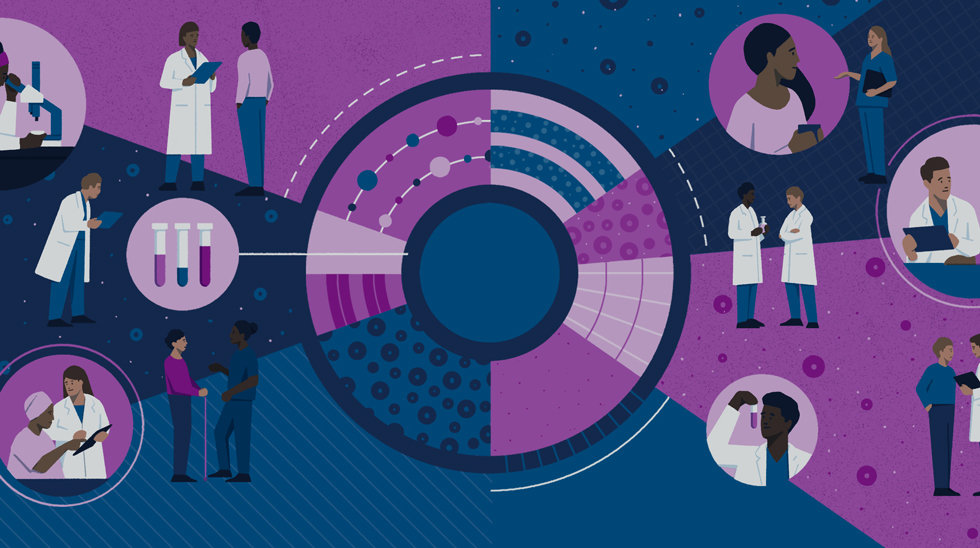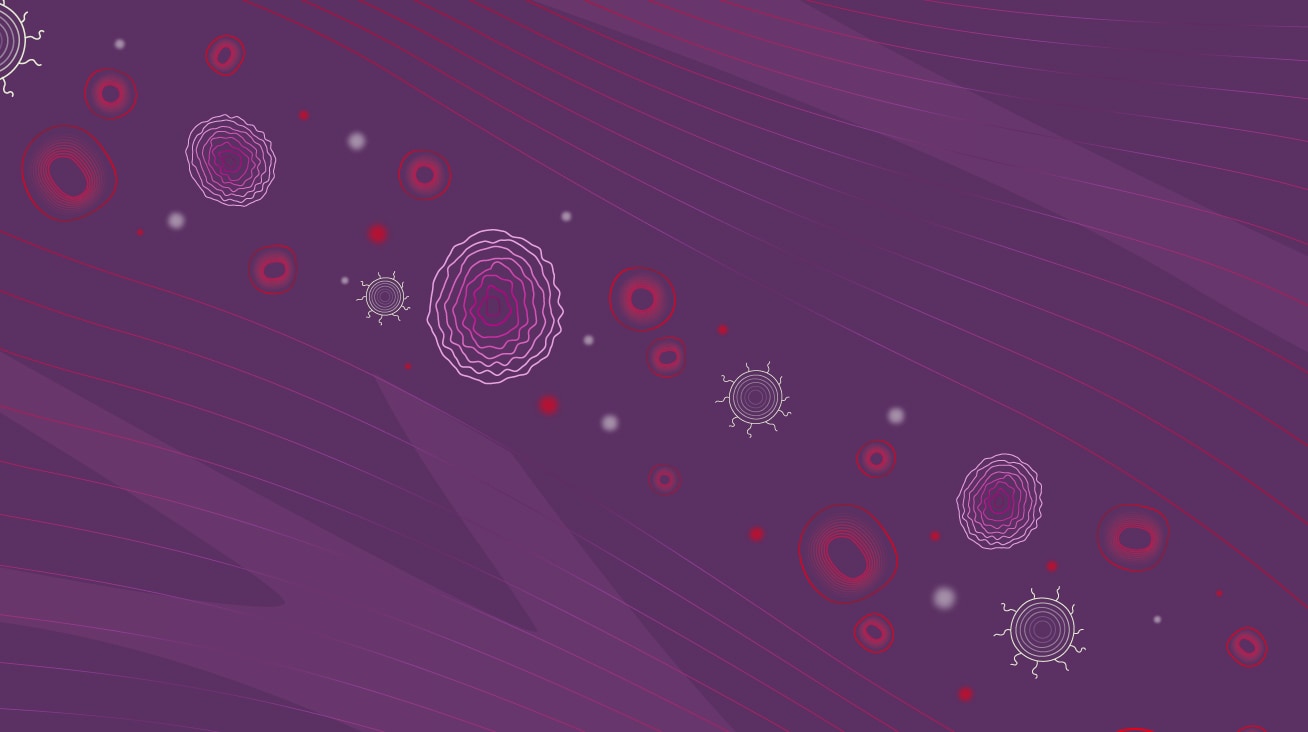FDA Approves Genentech’s First-in-Class Medicine for Relapsed/Refractory Follicular Lymphoma After at Least Two Prior Therapies
December 22nd, 2022
On December 22, 2022, the FDA approved Lunsumio (mosunetuzumab-axgb) for the treatment of adult patients with relapsed or refractory (R/R) follicular lymphoma (FL) after two or more lines of systemic therapy. This indication is approved under accelerated approval based on response rate. Continued approval for this indication may be contingent upon verification and description of clinical benefit in a confirmatory trial. Lunsumio is the first CD20xCD3 T-cell engaging bispecific antibody, a new class of cancer immunotherapy, approved by the FDA.
News in brief
- Lunsumio is the first ever CD20xCD3 T-cell engaging bispecific antibody approved by the FDA.
- Lunsumio is a chemotherapy-free, fixed-duration treatment that may be accessed in an outpatient setting.
- The approval is based on positive results from the pivotal Phase II study, which demonstrated a high and durable response rate, with 80% of patients who received at least two prior rounds of therapy achieving an overall response.
- Follicular lymphoma is the most common slow-growing form of non-Hodgkin’s lymphoma, accounting for about one in five cases.
Supporting Information

“Despite treatment advances, follicular lymphoma remains incurable and relapse is common, with outcomes worsening following each consecutive treatment,” said Levi Garraway, M.D., Ph.D., chief medical officer and head of Global Product Development. “Lunsumio represents our first approved T-cell engaging bispecific antibody and builds on our legacy of more than 20 years of innovation in blood cancer."


